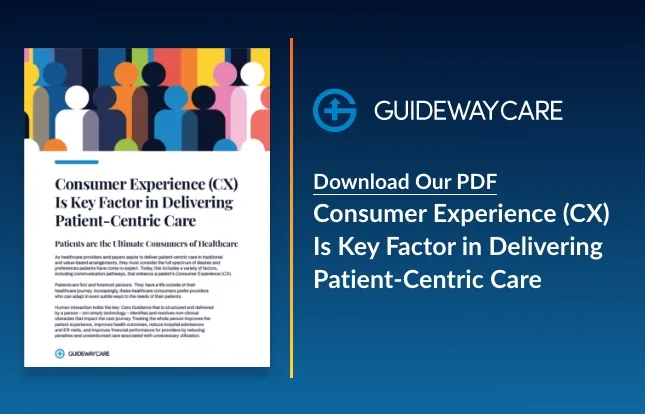BPCI Advanced Quality Measures

The Bundled Payments for Care Improvement (BPCI) Advanced model is a new initiative from the Centers for Medicare and Medicaid Services (CMS). This program builds on the success of the original BPCI program and aims to improve quality and lower patient costs.
Read more: What is BPCI (Bundled Payments for Care Improvement)?
We will discuss the quality measures included in the BPCI Advanced model. We will also provide an overview of how these measures work and what you need to do to participate in this program.
What Is the BPCI Advanced Model and How Does It Work?
The Bundled Payments for Care Improvement Advanced (BPCI Advanced) model is a voluntary, five-year payment reform program sponsored by the Centers for Medicare and Medicaid Services (CMS). BPCI Advanced encourages providers to transition from volume-based care to value-based care. Under this model, a provider or health system is at risk for delivering a bundle of services for an episode of care, such as hospitalization or post-acute care. It is rewarded with shared savings if it can deliver quality outcomes at lower costs.
To ensure that participants in the BPCI Advanced program meet established quality standards, CMS has developed a set of quality measures that may be used to evaluate the effectiveness of care. These quality measures are based on evidence-based clinical guidelines and reflect initiatives from various government, public health, and private organizations.
Administrative Quality Measures Set
Participants must track and report on administrative quality measures when participating in the Bundled Payments for Care Improvement Advanced (BPCI Advanced) Model. These measures focus on improving patient experience, increasing access to care, and engaging with healthcare providers.
The Quality Measure Set includes:
- Number of patients who reported that their doctors always listened carefully to them
- Percentage of patients who reported their doctors always treated them with courtesy and respect
- Percentage of primary care visits involving the use of a team-based approach to patient care
- Percentage of primary care visits coordinated with specialty care visits, if appropriate
- Percentage of primary care visits in which the clinician documented a comprehensive patient history
- Percentage of primary care visits in which the clinician addressed all identified health risks with interventions or referrals to other providers
- Percentage of primary care visits wherein preventive services were provided or discussed.
Alternative Quality Measures Set
In addition to the administrative quality measures, participants must also track and report on a set of alternative quality measures. These measures focus on providing value-based care that improves patient outcomes while reducing costs. The Alternative Quality Measures Set includes:
Average 30-day all-cause readmission rates
- Average 30-day all-cause readmission rates
- Patient experience scores
- Length of stay
- Rehospitalization rates
- Hospital-acquired conditions rate
- Emergency department utilization rate
- Test and procedure utilization rates.
By tracking quality measures, participants in the BPCI Advanced Model gain a comprehensive understanding of care delivery for their patients, allowing them to identify areas of improvement and increase efficiency. This helps ensure that they provide the highest quality care while also reducing costs, thus creating a successful program for all participants.
Contact Guideway Care for the Medicare BPCI advanced payment models. We provide resources and support to help you succeed in delivering better health outcomes and reducing healthcare costs.
Contact Us Today To Learn How We Can Help
"*" indicates required fields




